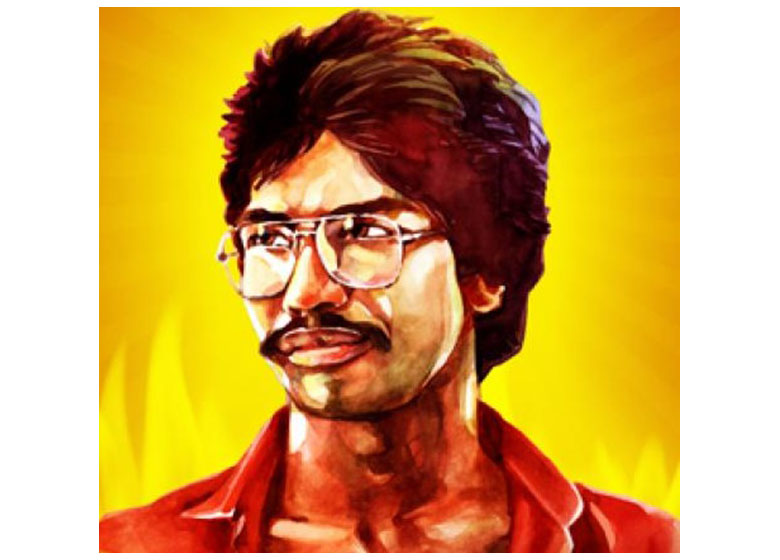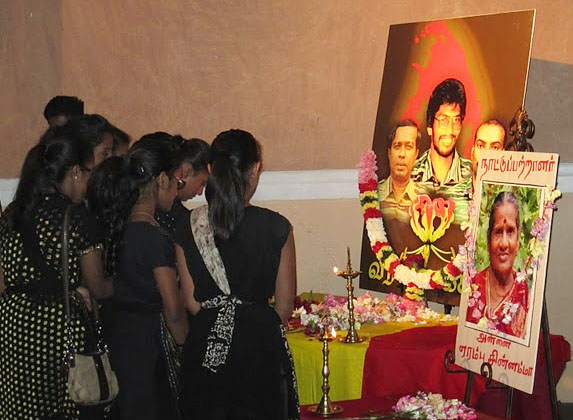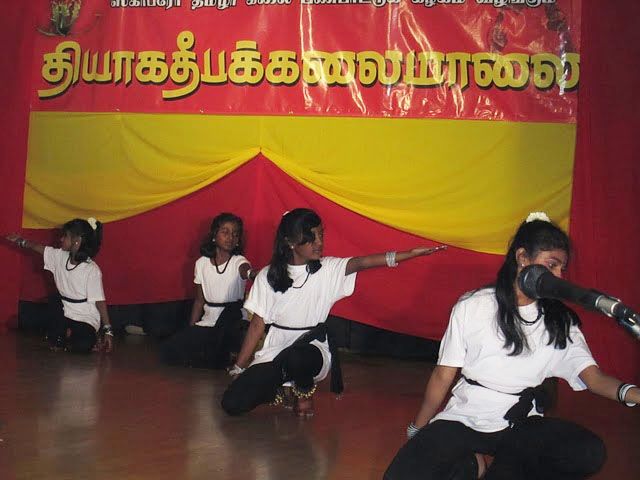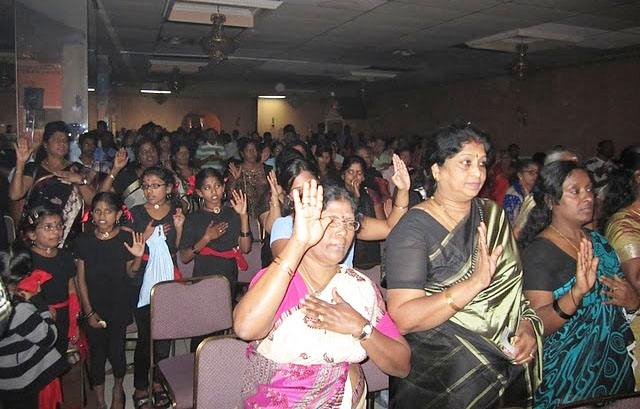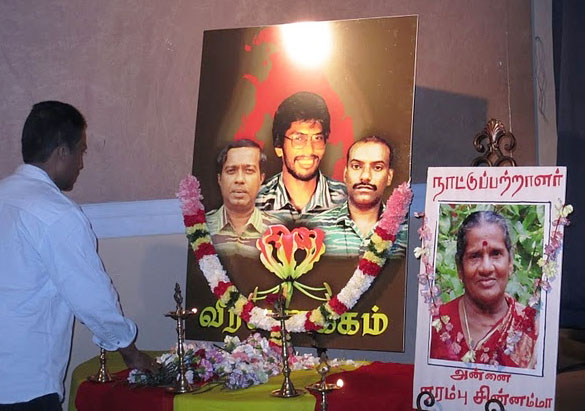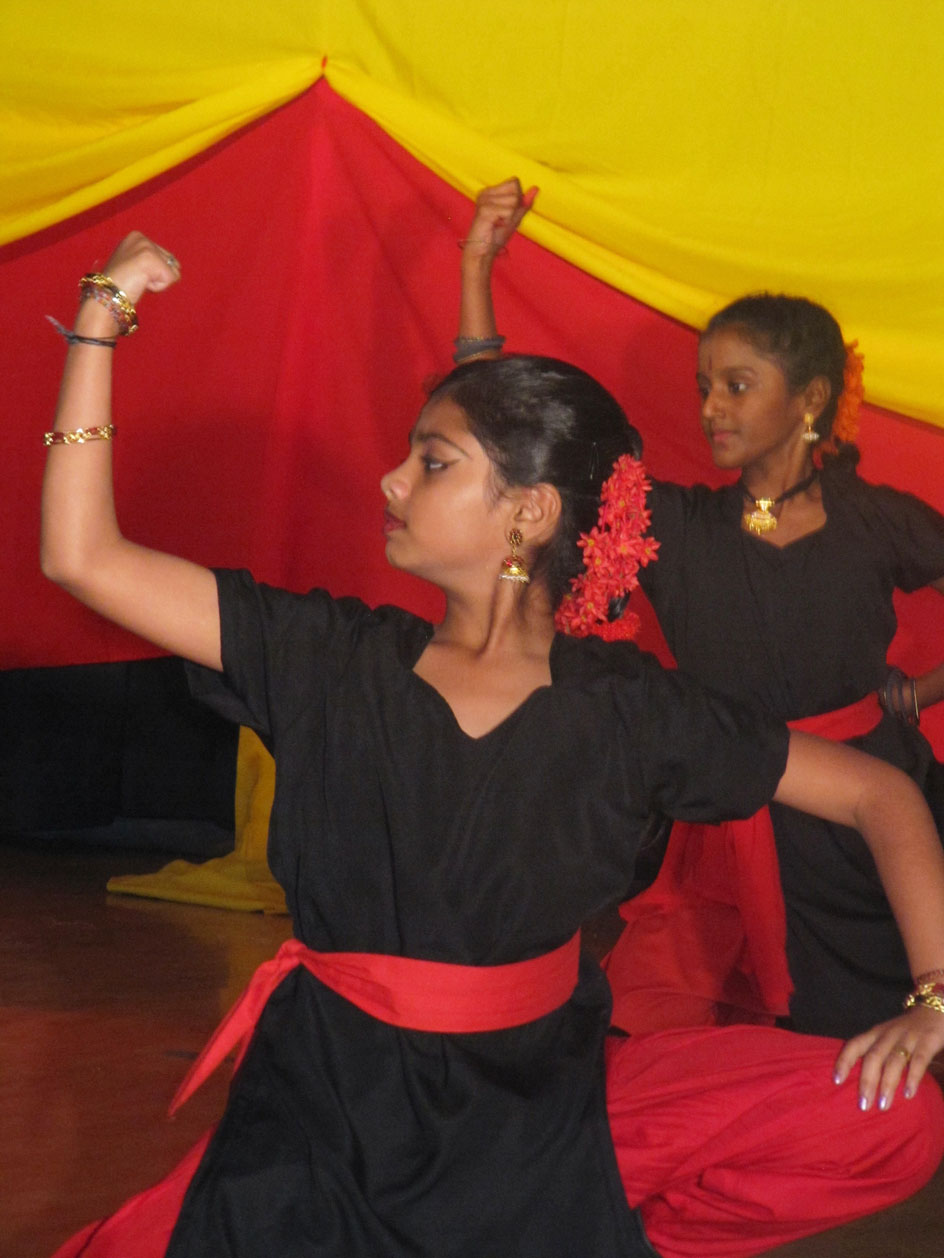Deportation delayed after last gasp court order
The decision, just hours before their scheduled departure, comes as the UK faces intense criticism from human rights groups such as Amnesty International for sending Tamil asylum seekers back to Sri Lanka, where they face the risk of interrogation and torture
See report from Channel 4 below.
In a statement released today, Amnesty said,
“[I]t is hugely disappointing that Britain is continuing to remove people to an uncertain fate.
What we do know though is that the British government has a responsibility under international law to protect people at risk of torture and should not remove them if there is a threat.”One woman’s case was completely overturned, after it was ruled that the UK Border Agency had violated both British and European law by disclosing sensitive information to the Sri Lankan authorities that could place her in greater danger if she was to return.
Government sources further conceded that they may have disclosed similar potentially sensitive information about 14 Tamil asylum seekers “inadvertently”, but insisted that none of them have been deported.
The development comes as the Guardian reported that no monitoring of the safety of deported asylum seekers is being done by the UK government.
The only measure being taken was simply to give the deportees the telephone number and address of the British high commission in Colombo.
See our earlier posts:
'UK still 'complicit' in torture of Tamils' (Sep 2011)
'Delhi court halts deportation for fear of genocide' (Sep 2011)

